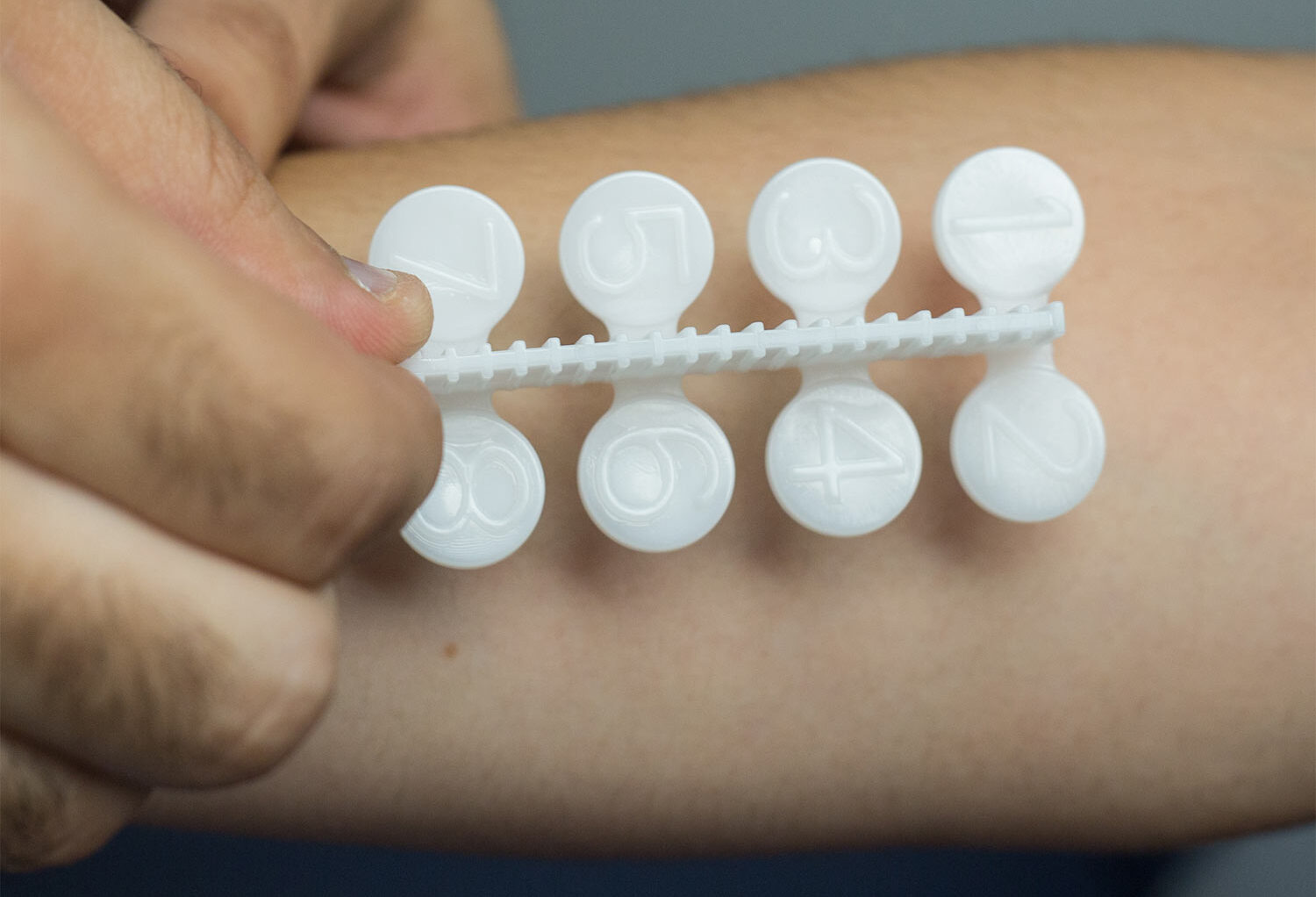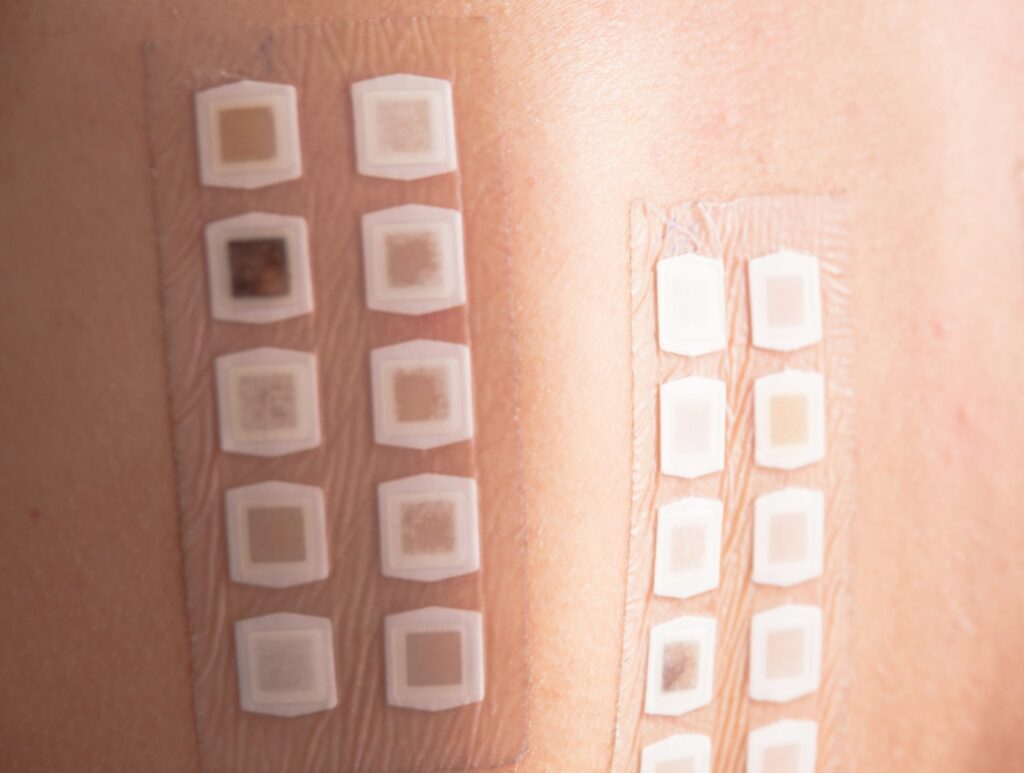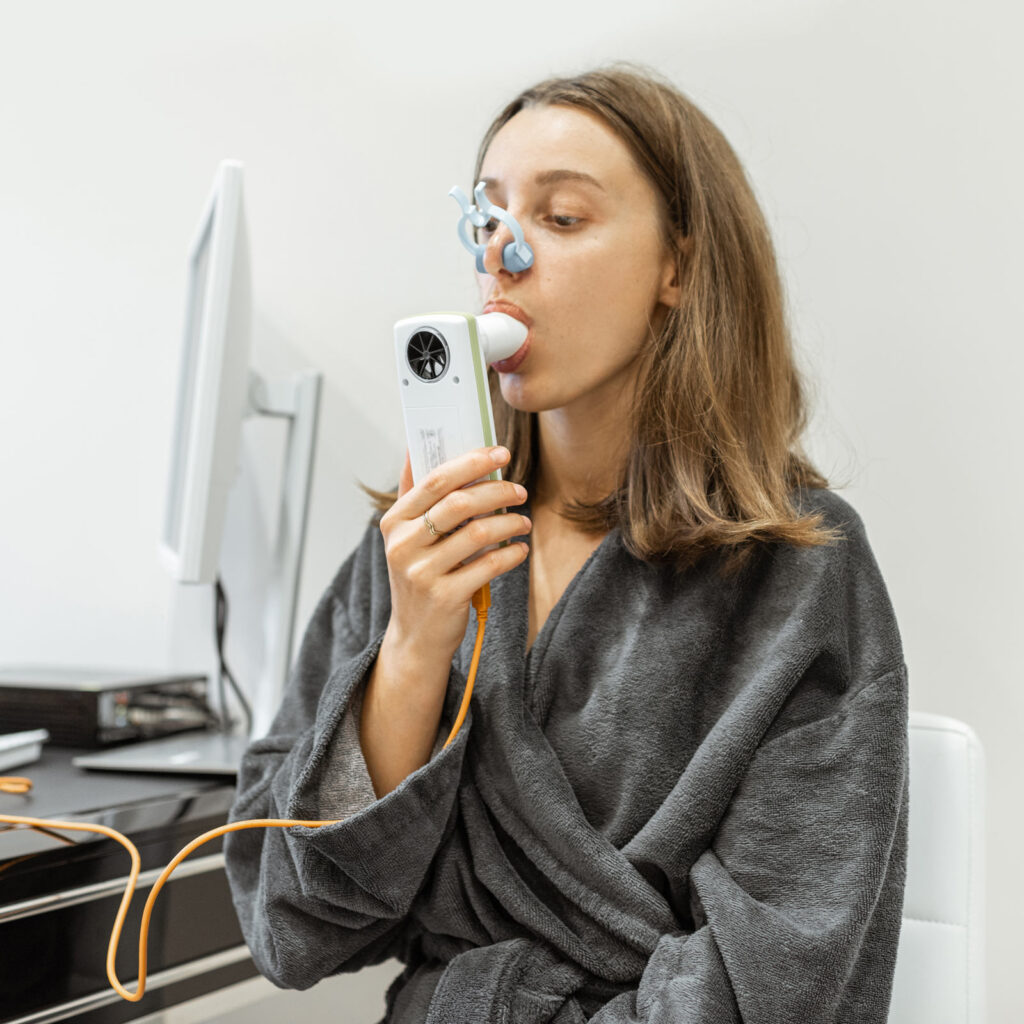Our Services
Allergy Shots
What are allergy shots?
Allergen immunotherapy injections or “allergy shots” are prescribed for patients with allergic rhinitis (hay fever), allergic conjunctivitis (eye allergies), allergic asthma or life threatening reactions to bee stings. Immunotherapy would be considered for individuals, who have moderate or severe symptoms not adequately controlled by environmental control measures and/or medications.
Click here for more information on allergy shots.
Patient Responsibilities
ALL patients are asked to:
- Wait at least 30 minutes after each injection
- Be seen for a follow up appointment at least once a year
- Notify the nurse if there have been any changes in your medical condition(s) or medication(s)
- Notify the nurse if you are pregnant or think you may be pregnant
- Notify the nurse if you had any reactions to your last injection
- Notify the nurse if you have not been feeling well lately, have had a fever, have been coughing/wheezing or have had a significant increase in recent allergy symptoms
Click here to download patient responsibilities.

Allergen Immunotherapy
Sublingual Immunotherapy Tablets
Immunotherapy
Allergen immunotherapy is prescribed for patients with allergic rhinitis (nasal allergies or hay fever), allergic conjunctivitis or allergic asthma. There are two forms of immunotherapy, or desensitization.
- Allergy shots- injections given under the skin
- Sublingual immunotherapy (SLIT)- a rapidly dissolving allergy tablets that goes under your tongue.
Skin Testing
Skin prick testing is available for:
- Environmental Allergens
- Food Allergens
- Bee Venoms
- Penicillin
Click here for a list of medication that need to be stopped prior to your visit.

Patch Testing
Patch testing is a way of identifying whether a substance that comes in contact with the skin is causing inflammation of the skin.
Reference: allergies.about.com
Click here for more information.

Lung Function Testing
Spirometry
Spirometry is a common test used to diagnose asthma, chronic obstructive pulmonary disease (COPD) and certain other conditions that affect breathing. Spirometry may also be used periodically to check how well your lungs are working once you’re being treated for a chronic lung condition.
Reference: www.mayoclinic.com
NIOX
Exhaled nitric oxide is a gas that is produced by inflamed airways. Airway inflammation is one of the hallmarks of asthma. NIOX measures exhaled nitric oxide, and tells us how much inflammation is currently present in a patient’s airways.
Reference: www.niox.com

BIOLOGICS
- There are many biologics that have been approved for the treatment of moderate to severe asthma, chronic idiopathic urticaria, nasal polyps and eczema
- Examples of these Xolair, Fasenra, Dupixent, Nucala, Tezspire
Drug Allergy Testing
Penicillin
Penicillin is the only antibiotic with available standardized testing.
Penicillin testing involves three steps.
1) Skin prick testing with the two components of the penicillin.
2) If negative, we perform intradermal testing (injections) with the two components of the penicillin.
3) If both skin prick and intradermal testing are negative, you will return on a separate day for a graded drug challenge appointment (2 hour appointment).
Other antibiotics/medications
Skin testing to other antibiotics/medications can sometimes be performed, however we do not have standardized testing available for other medications. Therefore testing will not be as accurate. If a true allergic reaction to a medication is suspected, we will usually recommend avoidance.

